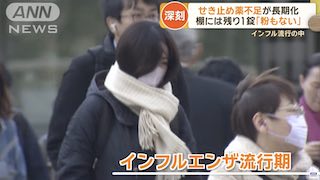Aug 31 (Nikkei) - Honda Motor may have been slow to embrace electric vehicles, similar to its Japanese peers, but the automaker has made large bets to get ahead in the growing market, especially when it comes to EV batteries.
Monday's announcement that Honda teamed with South Korean battery maker LG Energy Solution to build a $4.4 billion EV battery plant in the U.S. was not the automaker's first move in the sector. The company will spend 43 billion yen ($310 million) to launch a pilot production line that produces all-solid-state batteries, demonstrating that it is going all-in on the next-generation technology.
The line will start in spring 2024 at Honda's research center in Sakura, north of Tokyo. The project will assess technical issues regarding performance and mass production.
Honda has a goal of releasing electric vehicles equipped with proprietary solid-state batteries in the latter half of the decade. The batteries will also be used to power its motorcycles.
"We intend to fully ascertain in-house production and cost structures to enable mass production of next-generation battery technology researched and developed internally," said Shinji Aoyama, Honda's senior managing executive officer in charge of the electrification strategy.
Solid-state batteries, which replace liquid electrolytes with solid electrolytes, are expected to replace lithium-ion batteries. The batteries are better at storing energy, which extends the driving ranges of EVs on one charge. Solid-state batteries are also considered safer since they are less of a fire hazard. ...continue reading















